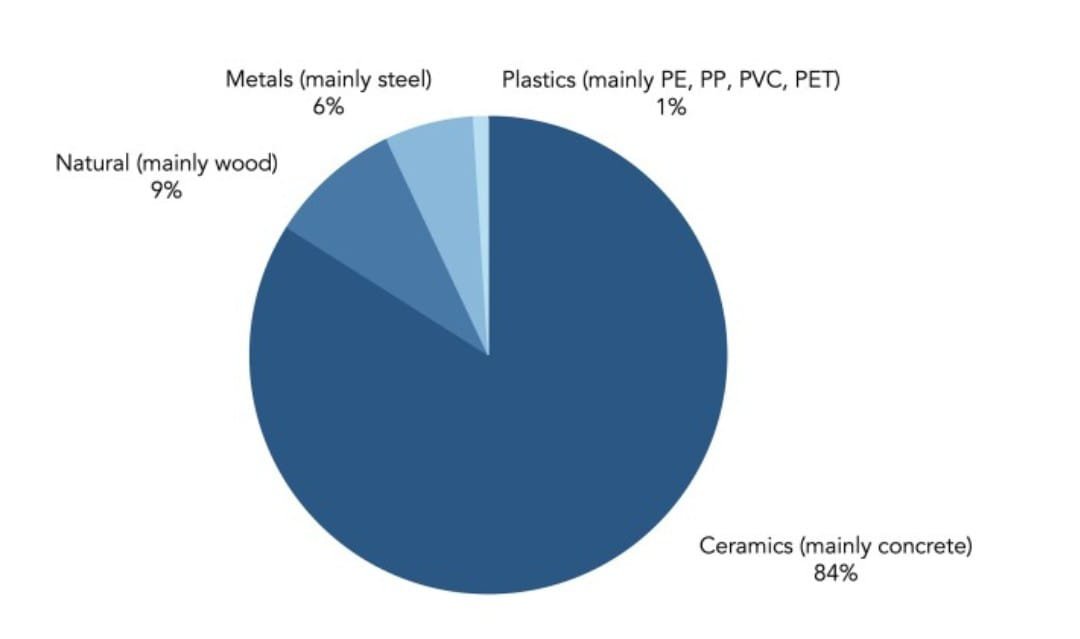Jakarta, 16 August 2024 – In a world where environmental concerns are at the forefront of public consciousness, plastics have often been vilified as a major culprit in pollution and climate change. However, according to recent insights from Dr. Chris DeArmitt, a recognized expert in material science, much of what we believe about plastics may be based on misconceptions rather than solid scientific evidence.
In a thought-provoking discussion, Dr. DeArmitt, who holds a PhD and is a Fellow of the Royal Society of Chemistry (FRSC) and the Institute of Materials, Minerals, and Mining (FIMMM), delves into the complex reality of plastics. His analysis reveals that plastics, when managed properly, are not as harmful as commonly portrayed.
One of the key points highlighted is that plastics are highly efficient in their use of resources. Contrary to popular belief, the production and use of plastics can actually result in lower energy consumption and reduced greenhouse gas emissions compared to alternative materials. For example, replacing plastics with glass or metal in various applications could lead to significantly higher energy use and emissions.
Dr. DeArmitt also addresses the issue of plastic waste, emphasizing that the problem lies more in waste management practices rather than the material itself. He advocates for improved recycling and waste handling systems to mitigate the environmental impact of plastics.
Moreover, Dr. DeArmitt challenges the narrative that biodegradable plastics are the ultimate solution. He argues that these alternatives often do not degrade as expected in real-world environments, and their production can sometimes involve greater environmental costs than traditional plastics.
Dr. DeArmitt passionately addresses the misconceptions surrounding plastics: "Every day, people tell me that I'm wrong about plastics and the environment. These are laypeople who have never read a single scientific study. I've read over 4,000 studies to be sure of the facts. What has the world come to? Why are such people so convinced without a shred of data? Please, people, be passionate but check the facts before you act! Let's create a better future based on real evidence and wise choices! Science disproves all the beliefs we've been fed by the media. How sad would you be if avoiding plastics turned out to be the wrong choice? What if science says that alternatives lead to more harm, more waste, more litter, more greenhouse gas, and more fossil fuel used?"
In conclusion, while plastics are not without their environmental challenges, Dr. DeArmitt's insights suggest that a more nuanced understanding is needed. By focusing on better waste management and making informed choices about materials, society can address the environmental concerns associated with plastics more effectively.
Credit: Dr. Chris DeArmitt, PhD, FRSC, FIMMM. For more detailed insights, you can find the original article on his LinkedIn page here.


 EN
EN  ID
ID 
